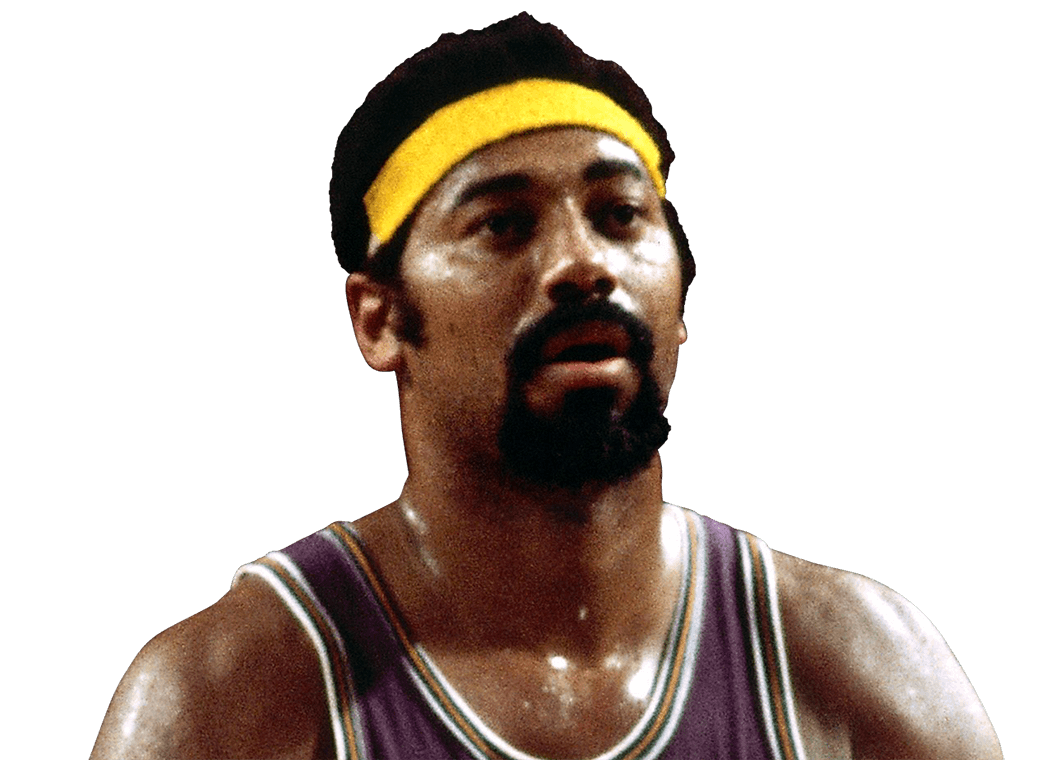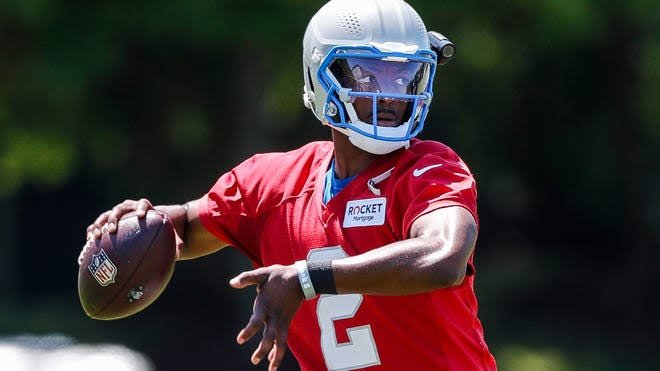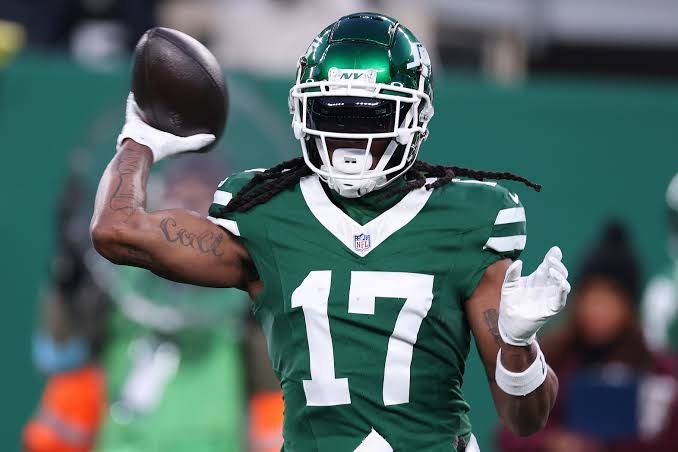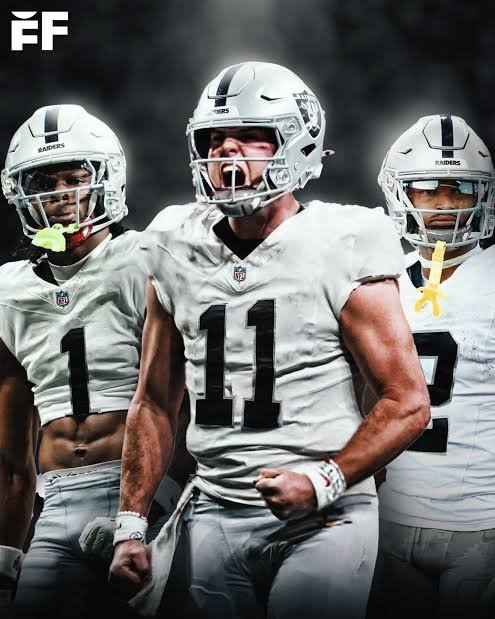
In the early 1970s, at the height of his political career, Richard Nixon faced the daunting task of broadening his appeal to African American voters. Despite the traditionally strained relationship between the Republican Party and black voters, Nixon sought to bridge this gap through unconventional means. One surprising ally in this endeavor was none other than the world’s biggest basketball star of the time, Wilt Chamberlain.
Wilt Chamberlain, known for his towering presence on the basketball court and his record-breaking achievements, was an unexpected but influential figure in Nixon’s outreach strategy. Chamberlain’s involvement began as a personal supporter of Nixon, stemming from a shared friendship and mutual respect. Their relationship started in the late 1960s when Chamberlain, an established superstar, met Nixon, who was campaigning for the presidency. Chamberlain was impressed by Nixon’s ideas and political acumen, which led him to publicly endorse Nixon during his 1968 presidential campaign.
Nixon, recognizing Chamberlain’s influence within the African American community and beyond, leveraged their relationship to enhance his political outreach. Chamberlain’s endorsement was seen as a significant boost, not only lending credibility to Nixon among sports fans but also opening doors to discussions with black voters who admired Chamberlain’s accomplishments and stature.
One of the pivotal moments of this collaboration was Chamberlain’s participation in Nixon’s re-election campaign in 1972. Chamberlain, leveraging his celebrity status, engaged in a series of public appearances, speeches, and interviews where he spoke highly of Nixon’s policies and character. He emphasized Nixon’s efforts to address urban issues, economic disparities, and his administration’s support for minority businesses.
Moreover, Chamberlain’s advocacy extended beyond mere endorsements. He actively participated in Nixon’s initiatives aimed at improving conditions in African American communities. This included involvement in programs focused on youth development, sports, and education, which resonated with many black voters. Chamberlain’s credibility as an athlete who transcended sports to become a cultural icon made his support particularly impactful.
Chamberlain’s involvement helped humanize Nixon to a segment of the population that had historically been skeptical of Republican policies. It demonstrated Nixon’s willingness to engage with influential black figures and address the concerns of the African American community, albeit through a somewhat symbolic and high-profile partnership.
Despite the complexities and controversies of Nixon’s presidency, including the Watergate scandal that eventually led to his resignation, the partnership with Wilt Chamberlain remains a notable example of how sports figures can play a role in political campaigns. It highlighted the intersection of sports, politics, and celebrity culture in America, illustrating how influential personalities could be mobilized to shape public perception and political narratives.
In retrospect, Chamberlain’s support for Nixon is a fascinating chapter in both sports and political history, showcasing the potential of athletes to influence political discourse and voter behavior. While the long-term impact of this alliance on black voter support for Nixon remains debatable, it undoubtedly marked a significant moment in the interplay between sports stardom and political strategy.


